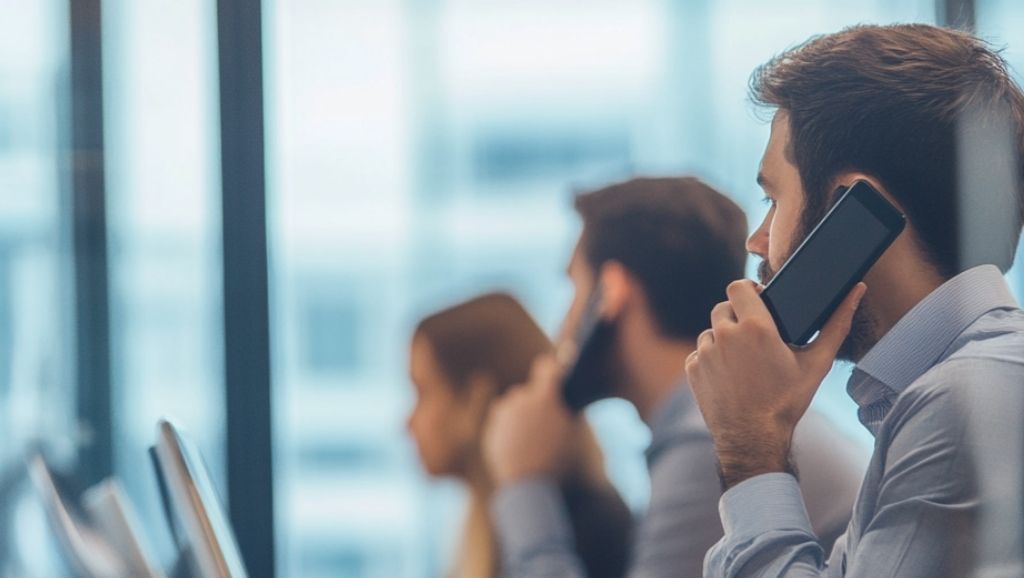Healthcare Providers & HIPPA Compliance
Healthcare providers handle sensitive patient information every day. While most offices focus on securing medical records and billing systems, many overlook a critical component: the phone system. Without proper safeguards, phone calls, voicemails, and text messages can become a source of HIPAA violations—putting patient privacy, legal compliance, and your reputation at risk. In this article, we’ll explore why HIPAA compliance matters for your phone system and how VoIP solutions can help you stay secure.

What Is HIPAA Compliance in Communication?
The Health Insurance Portability and Accountability Act (HIPAA) requires healthcare providers and their business partners to protect Protected Health Information (PHI). This applies not only to medical charts and billing data but also to communication methods like:
- Phone calls
- Voicemails
- Faxes
- Text messages
- Call recordings
A phone system that isn’t secure could expose PHI to unauthorized access—resulting in costly fines and loss of patient trust.
Risks of Non-Compliant Phone Systems
1. Voicemail Breaches
Traditional voicemail systems may not encrypt messages, leaving sensitive details accessible to hackers or unauthorized employees.
2. Unsecure Call Recording
Many healthcare offices use call recording to monitor staff or patient interactions. Without encryption and access controls, these recordings can expose confidential patient data.
3. Unprotected Messaging
Some practices use SMS or instant messaging to contact patients. If those messages aren’t encrypted, they can be intercepted or read by unintended parties.
4. Lack of Audit Trails
HIPAA requires audit controls. Without reporting and monitoring tools, it’s difficult to track who accessed PHI—and when.
How VoIP Helps Healthcare Practices Stay HIPAA Compliant
1. Encrypted Communication
VoIP systems can encrypt calls, voicemails, and messages, ensuring patient information remains private.
2. Secure Voicemail-to-Email
With HIPAA-compliant settings, voicemail transcriptions can be securely sent to staff email accounts without exposing patient data.
3. Access Control and Permissions
Admins can restrict which employees have access to call logs, recordings, and voicemail—ensuring only authorized staff handle PHI.
4. Audit and Reporting Tools
Advanced VoIP systems provide detailed call reporting, helping your practice maintain records required for HIPAA compliance.
5. Business Associate Agreements (BAAs)
A HIPAA-compliant VoIP provider will sign a Business Associate Agreement, ensuring both parties are legally accountable for protecting patient information.
Why HIPAA Compliance Should Be a Priority
For healthcare practices, a phone system isn’t just about answering calls—it’s about protecting patient trust. Non-compliance can lead to:
- Fines ranging from $100 to $50,000 per violation
- Lawsuits and damage to your reputation
- Loss of patient confidence and loyalty
Investing in a HIPAA-compliant phone system not only safeguards your practice legally but also demonstrates your commitment to patient care.
At Signal Voice and Data, we specialize in HIPAA-compliant VoIP phone systems that give healthcare providers the tools to stay secure, efficient, and connected.
Contact us today to schedule a consultation and learn how we can protect your practice while improving patient communication.
Read other success stories and articles












